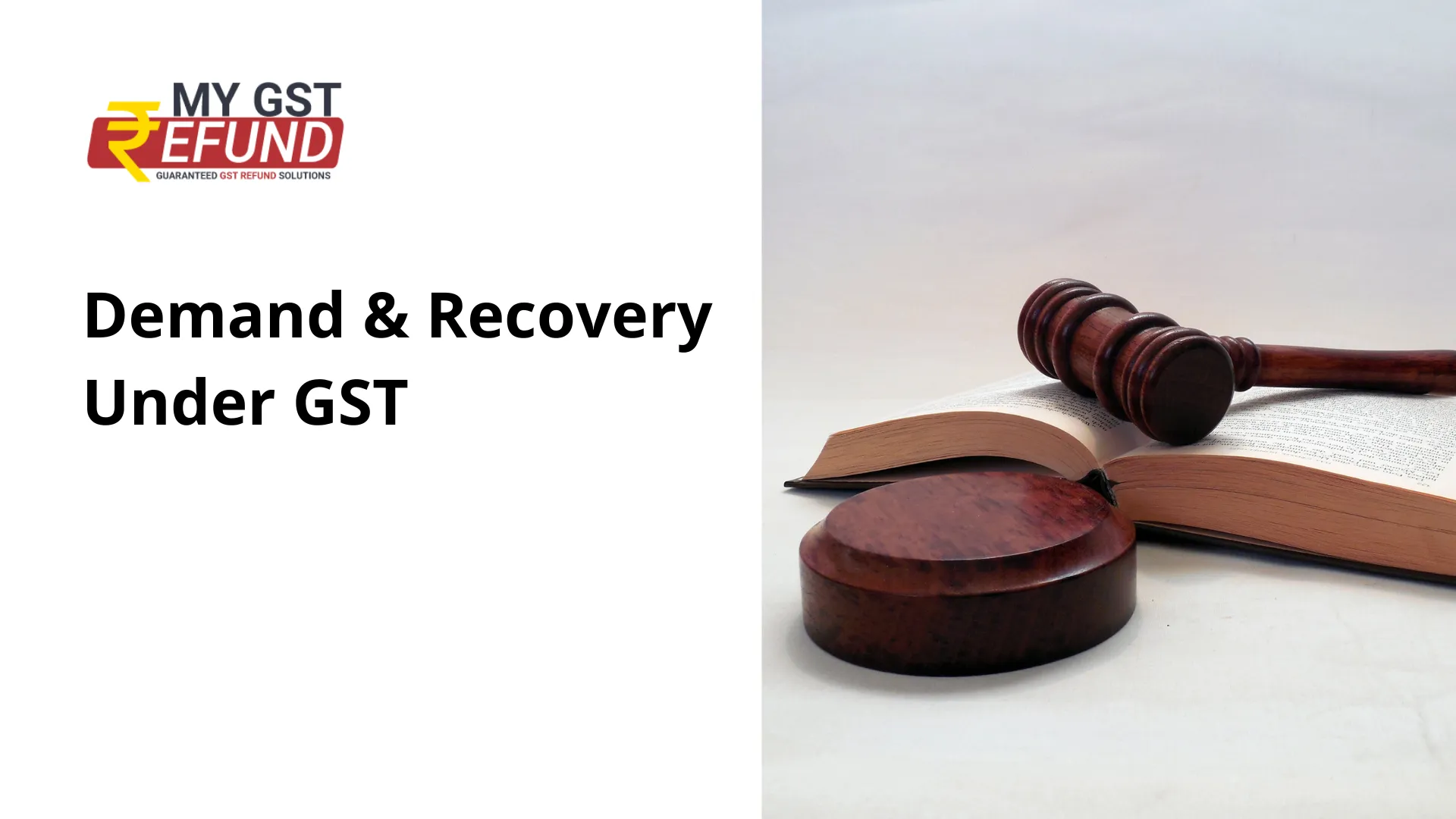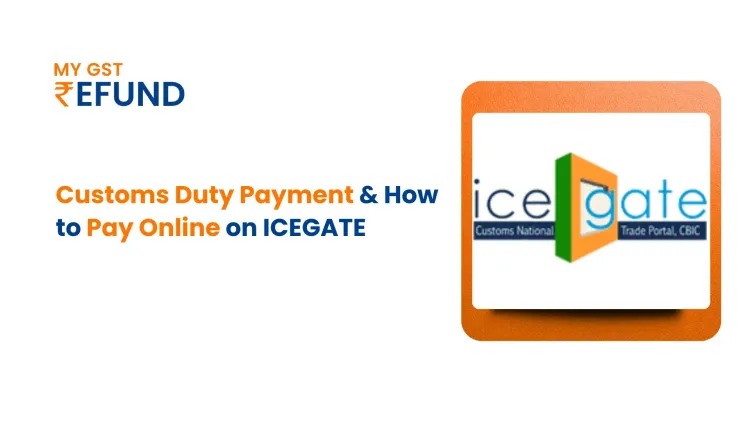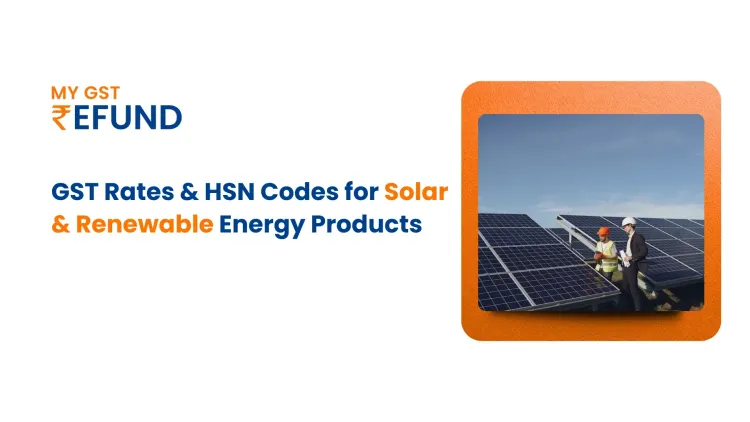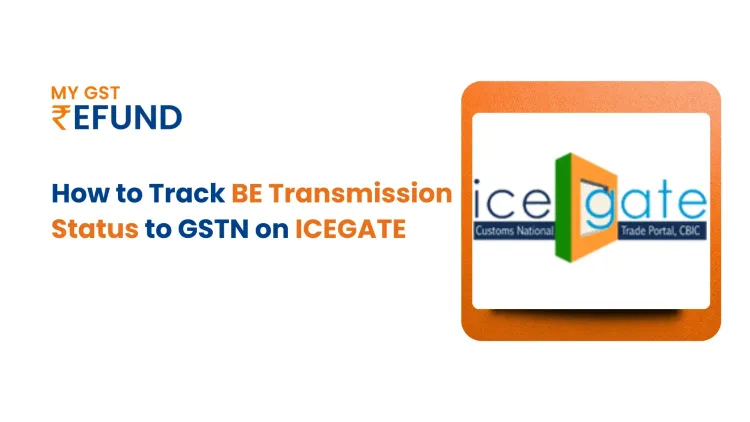Goods and Services Tax (GST) is a system where one person determines the tax and pays the tax by self-assessment. When the tax is paid by doing self-assessment, there is likely to be a chance that the tax may be short-paid without any malicious intention or there may be also a chance that the assessees may pay the tax short intentionally or knowingly. Under such circumstances, there are some provisions which are followed by the authority to recover those taxes that are short-paid by assessees intentionally or without intention.
Under Chapter XV from Section 73 to Section 84 of the Central Goods and Services Tax Act, 2017, The provisions relating to Demand and Recovery under Goods and Services Tax (GST) have been discussed. The process of recovery of GST starts with the issuance of the show-cause notice and ends in the Adjudication proceedings
Demand And Recovery
Demand means the wish or desire of a consumer to get or acquire goods or services. When there is more demand, the market will flourish. It is an action that leads to the growth of the economy. The government imposes a tax on every goods and service. Every person is liable to pay the tax to the Government when they purchase the goods. When a person fails to oblige with his duty, the Government has to recover the tax from the defaulter. Tax is the basic source for the Government to run the economy of the country failing in which causes the economic imbalances. The government adopts strict measures to recover the tax from the defaulters.
Section 73:
Under Section 73, a notice is issued when there is no shortfall for tax issued and is applied to non-fraud cases. The following are the conditions applied:
- Tax is unpaid or paid short
- wrong refunds claimed
- Wrongly availed ITC
These conditions are for reasons other than fraud when the consumer had no intention of evading tax. The GST authority will send show cause notice to such taxpayers and will be responsible to pay the due amount along with interest and penalty as directed.
Section 74:
Section 74 applies to cases when there has been an attempt made by the taxpayer to evade tax. Following are the conditions applied under this section
- Fraudulent
- Purposeful misstatement
- Hiding or suppressing facts
The taxpayer will get the following benefits as a result of misrepresenting facts
- Tax is unpaid or paid
- Short wrong refunds claimed
- Wrongly availed ITC
The GST authority will issues a showcase notice to the taxpayer and will mandate him to pay the due amount along with interest and penalty.
Penalty And Interest Under GST
What does Rule 142: Order & Notice of Demand Imply?
Rule 142 of the CGST Act 2017 outlines procedures for issuing orders and notices of demand for tax liabilities. When a person is required to pay tax, the authorised officer must issue a summary electronically, along with notices under Sections 73(1), 74(1), or 76(2) in Form GST DRC-01, detailing the amount payable.
Similarly, for statements under Sections 73(3) or 74(3), the proper officer should issue a summary electronically in Form GST DRC-02, specifying the sum payable.
If a person liable to pay tax settles their dues, including interest and tax as per Sections 73(5) or 74(5), before receiving a notice, they must fill out Form GST DRC-03 to inform the proper officer of the payment. Upon receiving this information, the proper officer should acknowledge the payment acceptance in Form GST DRC-04.
In cases where a person must pay tax, interest, or penalty under Sections 73(8) or 74(8) within 30 days of notice issuance, they should inform the proper officer using Form GST DRC-03. The proceedings will be resolved after the officer issues an order in Form GST DRC-05.
For individuals representing themselves under Sections 73(9), 74(6), or 76(3), their representation should be filled out in Form GST DRC-06.
When an order is issued summarily under Sections 73(9), 74(9), or 76(3), indicating the amount of interest, penalty, or tax payable, Form GST DRC-07 needs to be filed. This order issuance serves as a recovery notice. Any corrections to the order, as per Section 161 of the CGST Act 2017, should be made through Form GST DRC-08.
General Provisions for Determination of Tax under Section 75
Section 75 of CGST Act 2017 depicts the general provisions about the determination of tax. When a notice issued or order released by a public officer is put on hold by the Appellate Court for calculating the limitation period under Section 73(2) and Section 73(10) or Section 74(2) and Section 74(10), the period till issuance of notice under the period it got held shall be excluded.
Wilful misrepresentation or fraud or suppression of facts for evading tax under Section 74(1) fails to establish facts against the person to whom notice was issued by the officer, shall be removed by the Tribunal and considered as notice under Section 73(1). Directions passed by the tribunal require an order on par with it and that order should be passed within 2 years from the date of communication of the direction.
When a taxpayer receives unfavorable decisions regarding tax or liability, he will have the opportunity to clear his part as approved by the concerned authority.
If an order does not talk about any interest linked with the short paid//not paid tax, the taxpayer will still have the liability of paying interest on taxes. If a court fails to pass a judicial decision in 3 years under Section 73(10) or 5 years under Section 74(10), then the proceeding shall be considered to have terminated.
On imposing a penalty on a person under Section 73 or Section 74, there shall be no corresponding penalty imposed on that person under any provisions under the CGST Act 2017.
Section 79: Tax Recovery
Section 79 of CGST Act 2017 implies the provisions pertaining to recovery of tax when a taxpayer fails to pay tax to the government.
- If a person fails to pay tax to the government, the following modes will be assumed to recover that tax due:
- If an amount which is unpaid to the defaulter is held by a proper officer, he can deduct the due tax amount from that withheld money
- If the goods that belongs to a taxpayer is withheld by a proper officer, then that goods can be either sold or detained by the officer
- Consider that a person is holding the money of another person who is liable to pay the tax under this act, and then the proper officer can demand the person holding the taxpayer’s money to pay the due amount to the government
- The proper officer can detain any property-movable or immovable- which belongs to the defaulter forcefully until and unless he pays the full tax amount due. If the taxpayer fails to pay the due amount, then the property can be put on sale by the authority and the amount collected through the sale can be consumed for paying the due tax. Money left after paying the tax can be returned to the defaulter.
- The proper officer can issue a signed certificate and entitle the collector of the district to collect the due tax from the defaulter, as arrears of land revenue
- If the defaulter is in a different jurisdiction than the proper officer, then then the magistrate can be approached to recover the amount due from the side of the defaulter.
- The tax, penalty or interest that is required to be paid to the government under CGST 2017 remains unpaid, then then proper officer of UT or State Tax can recover the due amount from the taxpayer considering the due amount as their own asset and paying the respective government through the UT or State Tax.
Other Rules:
Conclusion
Demand and Recovery under Goods and Services Tax (GST) talks in whole about the recuperation of tax amount by the Government when any person defaults in paying the Goods and Services Tax (GST) for the supply of goods and services either intentionally or without intention. The government gives time to every defaulter to pay in case of short-paid or not paid. If a person fails to pay the tax within the time limit as prescribed by the Act, proceedings will be initiated against that defaulter.
Related Posts







